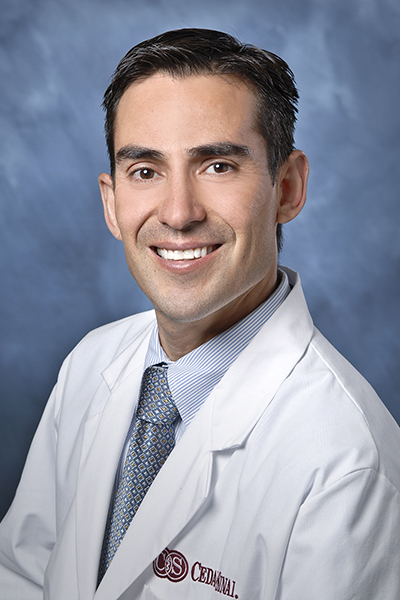From immigrant to psychology major, from circus performer to neuropsychologist, Enrique López researches the impact of HIV on the human brain.
“I remember student activists from UC Santa Cruz and UC Berkeley would come, saying ‘those kids shouldn’t be working!’” says López. “So we’d get the day off, but then we’d be back the next day.”
Born in Jerez, Zacatecas, Mexico, López came to the United States with his parents when he was six years old. A gifted honors student, he ultimately found his way to Occidental, where he studied psychology and minored in Spanish. He fondly remembers psychology professors like Nancy Dess and Professor Emerita Jaclyn Rodríguez ’77, the latter being his adviser and an important mentor.
“Jaclyn kept her eye on me, and made sure I wasn’t skipping class. She was kind of like my mother at Oxy,” he laughs.
López says Oxy gave him a sense of structure, but also freedom. He felt very accepted and he thrived socially and academically. Oxy became a home for him, a refuge even.
In an unlikely turn of events after graduation, López joined the circus for a year, performing as an acrobat, juggler and unicyclist with a small theater troupe. After that adventure he went on to graduate school, getting his doctorate as well as a postdoctorate in neuropsychology from UCLA.
Today, López is a neuropsychologist at Cedars-Sinai, a top healthcare organization in Los Angeles. He is a professor and former chair of psychology and director of the neuropsychology training program. His work centers around the impact of HIV on the human brain and how it can cause early-onset dementia when not treated.
López works extensively with Spanish-speaking populations, where stigma remains a serious barrier to early intervention and treatment that could mitigate the effects of the virus.
“A lot of people of color don't know they’re HIV-positive—there’s a stigma with HIV and AIDS in the Spanish-speaking community in L.A. and throughout the world.”
To advocate and raise awareness on the subject, he gives lectures in many different Spanish speaking countries. He is also a co-chair of Colors, a nonprofit that offers unlimited free counseling to LGBTQ youth in L.A.
In the early years of the AIDS epidemic, when treatment options and knowledge of the disease were limited, López often felt like he was working at the edge.
“Oxy has helped me to be at the edge, and be uncomfortable, but also figure out what needs to happen next.”
When asked about The Oxy Campaign for Good, López reflects that goodness is necessary to connect us with the rest of humanity, something we need now more than ever. Oxy cultivates a sense of community, he says, and we need each other to get through the monumental challenges facing the world right now.
“A place like Oxy can help us bridge ideas and work together with people from different fields with very specific training. Oxy provides an environment for that.”

